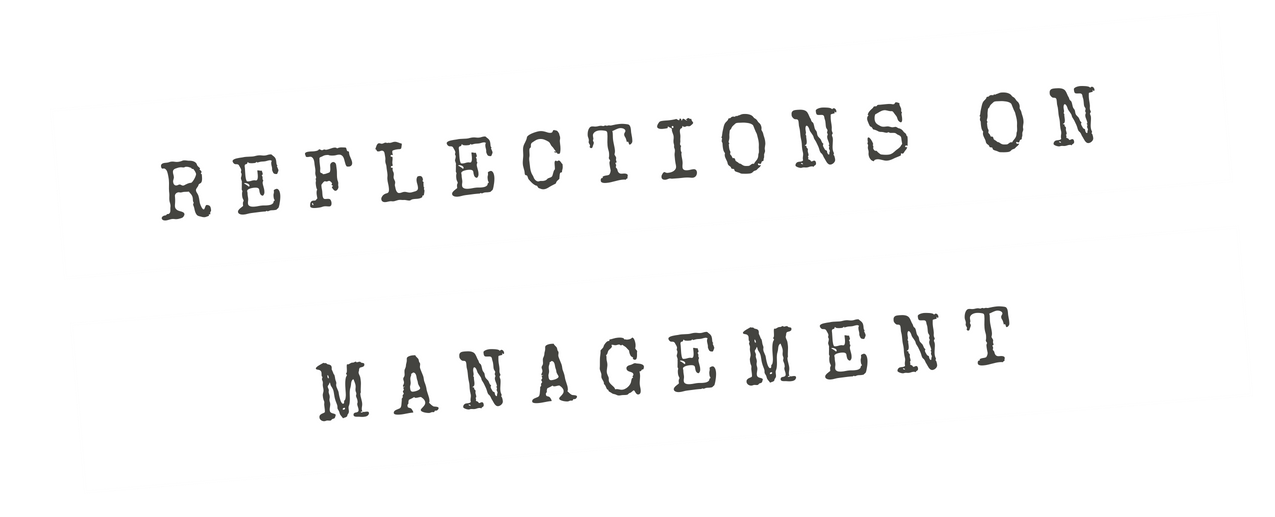I think we’ve got to find ways to clean our language and avoid coarseness, and this is because of social media. … We know that anything we say can be used out of context
Season 2, Episode 8
If you are like me, you don’t like to hear profanity, and find it difficult hearing conversations where curse words are flowing from people’s mouths like water. Cursing, swearing, cussing, whatever it is called — it has a long history, and for some people it is a natural part of their language while others reserve it for very rare and specific occasions. I have noted over the course of my work life that the purpose, frequency, and intensity of cursing has evolved. On the one hand, the organizations in which I served cleaned up their language over time because of the need to be inclusive and reduce hostile work climates. On the other, popular media and other venues almost seem to need cursing to stay provocative or cutting-edge.
Is there a right or wrong in all this? Does cursing have a real purpose? Has it evolved over time? I address these questions with the help of some literature on cursing and my own experiences listening to how profanity is used among different levels or types of organization. It is a complex topic because there are multiple purposes for cursing, each reflecting different norms and have different effects on others.
Works Referenced:
Albert, S., & Whetten, D. A. (1985). Organizational identity. Research in organizational behavior.
Pinker, S. (2007). The stuff of thought: Language as a window into human nature. Penguin.


